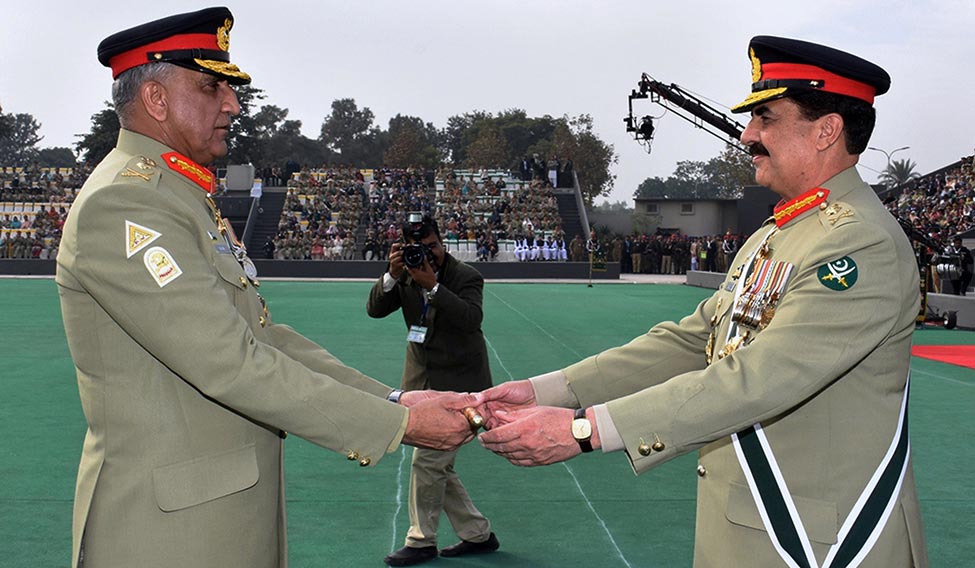When General Raheel Sharif became the head of the Pakistan army, the military’s reputation was at an all-time low. His predecessor, General Ashfaq Pervez Kayani, was serving his second term in office. Fast-forward to 2016, Sharif’s departure is being hailed as a historic transition in a military that had not seen its chief retiring on time in 20 years. But was Sharif’s tenure as successful as many in Pakistan believe it to be? Critics say otherwise.
Sharif is credited for launching military operations in areas where his
predecessor was reluctant to do so, like in North Waziristan and Karachi. But he has retired without these operations reaching a conclusion.
“It is too early to say if there were any long-term gains made from these operations,” says Matiullah Jan, a television show host. Moreover, the continued presence of ‘good’ militants on Pakistani soil is a question that many are asking.
According to Jan, Sharif’s tenure was a mix of legacy and public relations tactics, focused mostly on his self-projection and on boosting the image of the army at the expense of the civilian government. “He ensured that the civil-military balance remained tilted in the favour of the army,” says Jan.
Others also feel that in the past three years, the line between the power exercised by the army and the political government had dimmed to an extent that one did not know if civilians were ruling the country. “Though the process was initiated during General Kayani’s tenure, the army seems to have shifted away from the control of government to governance under General Sharif,” says Ayesha Siddiqa, renowned author, who has written two books on the Pakistan army.
Sharif is credited for going after corruption within his own ranks, but it appeared to be a selective process. He also ensured that foreign policy remained within the army’s control. This resulted in relations with neighbouring countries dipping to an all-time low, especially with India, Afghanistan and Iran.
Critics feel that Sharif was a man focused on presenting himself as a leader. Given his aggressive self-projection and PR campaign, experts believe that the new army chief, General Qamar Javed Bajwa, will have a difficult time fitting in the same boots. “Professionally, it will be good if the new chief keeps a low profile. Unfortunately, General Raheel has cut out his role for him. General Bajwa will have to prove himself to be as good as his predecessor by doing some kind of media blitzkrieg,” says Siddiqa.
However, little is known about Bajwa except that he was chosen for his pro-democracy credentials. In his first interaction with the press, Bajwa did focus on India. “The situation on the Line of Control will improve in the coming days,” he said.






